Private Investigations: Suspicion of Financial Crime by White-Collar Criminals
This book is concerned with private investigations into suspicions of financial crime committed by white-collar criminals. Financial crime is illegal possession of others property, it is crime directed towards values of others for personal or organizational advantage, which is carried out by non-physical means and by manipulating and hiding criminal activities within regular business activities. It is with purpose, it is a break of trust, and it causes loss. White-collar criminals are persons who carry out financial crime in the context of their profession. It is individuals who enjoy respect and trust, they have a high social status in society, they occupy important positions in organizations, and they abuse trust and position as offenders. Their financial crime is hidden among legal financial transactions. This book is about financial crime specialists and fraud examiners who conduct private inquiries into suspicion of white-collar crime. A private investigation is conducted by a variety of private sector financial crime specialists who can be detectives, forensic accountants, psychologists, or lawyers, all of whom may be supported by investigative analysts. This book applies a perspective where research, study, investigation, inquiry and analysis are important to find the truth and its causes in a case. Therefore, this book is more influenced by police science and detective work, rather than laws and legal thinking. It is the private detective rather than the firm lawyer who is a potentially successful fraud examiner when it comes to abuse of power and suspicion of financial crime by the elite in society. But most of all is successful investigation characterized by a multifaceted and multidisciplinary work, including accountants, auditors, lawyers, organizational experts, forensic scientists and detectives. Their knowledge exchange and collaboration is needed to solve each financial crime case, which is like a puzzle. If one piece is missing, the puzzle will never be complete. A unique feature of this book is the policing and detective perspective, rather than the legal or auditing perspectives. This means that information sources and investigative methods are at the core of this book. An example of an information source is people, where the accompanying method is how you get information out of individuals, such as by interviews. Thirdly, this book applies a project perspective on private investigations, where an investigation is carried out as a project. A project has a defined start and a defined stop, it has a mandate, and it has limited allocated resources. Last but not least, this book applies a strategic perspective to private investigations, where choice of strategy is the selected path to reach a goal. (Imprint: Nova)
{{comment.content}}
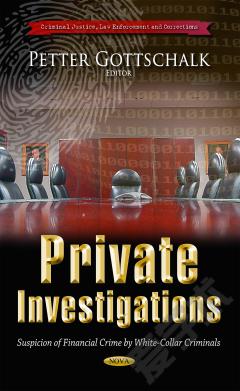

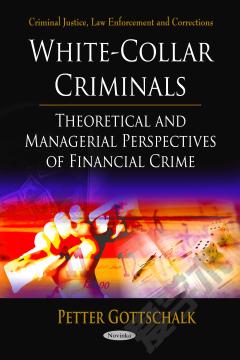
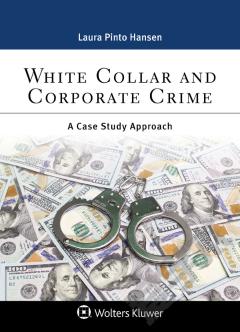
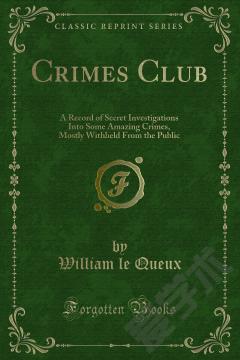
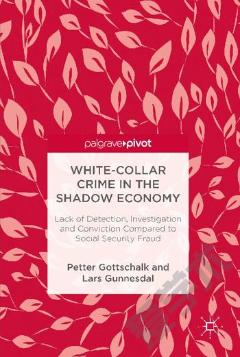
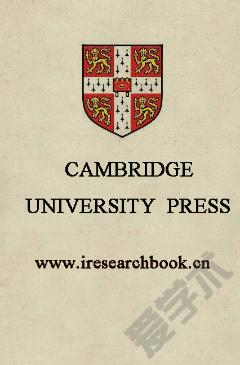

 京公网安备 11010802027623号
京公网安备 11010802027623号